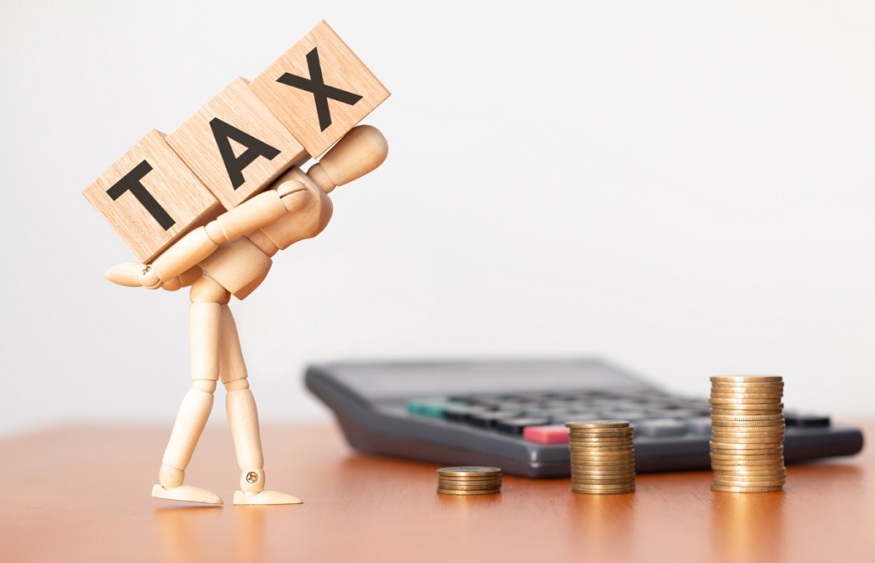Cryptocurrency has remained popular recently, but people are investing in bitcoins and Ethereum, among others. Indeed, cryptocurrencies create new and interesting perspectives but include certain particularities, such as taxation. Taxes are a special concern, as many investors often doubt how they influence their investments in cryptos.
This is why Certified Public Accountants (CPAs) come into the picture. In this blog post, we will demystify cryptocurrency taxation and illustrate how a CPA in Savannah GA can assist you in using these currencies while keeping them in line with legal provisions.
Understanding Cryptocurrency Taxation
While existing as a digital asset, cryptocurrency is considered property by tax-regulating authorities worldwide. This means that the purchase/sale and exchange of crypto are considered taxable, similar to a share, property, or any other value.
Here are some key points to understand about cryptocurrency taxation:
- As a rule, a taxable event is when one purchases, sells, or exchanges cryptocurrency. For instance, you purchase Bitcoin expecting the price to rise in the future, and indeed, when you finally sell Bitcoin and make a profit, you are liable to taxes.
- If you exchange cryptocurrency or bitcoin for another currency at a higher price than you purchased, it will be perceived as capital gains. If you sell it for less, it is deemed a capital loss. They must be disclosed to the tax authorities.
- It must also be recorded in the accounting statements and reported to the tax authorities.
- Mining and staking are the gains derived from mining cryptocurrencies or staking, where one receives rewards for holding some specified coins, which are regarded as taxable income.
- Simply exchanging one cryptocurrency for another, such as swapping Bitcoin for Ethereum, also means that the exchange is subject to taxation. This implies that capital gains or losses may occur due to the difference in values between the two separative cryptocurrencies up to the trade time.
Here are a few ways CPAs can assist you:
- Accurate Reporting: CPAs can also consultative-ly assist with when to buy or sell cryptocurrency so that you declare all the associated income, loss, capital gains, and losses appropriately. They can help determine the right amount of taxes to be paid and prepare all the relevant paperwork.
- Transaction Tracking: This way, you can keep all your records in order, and a CPA can assist in screenshotting and noting all your crypto transactions. This is even more relevant for active traders because it claims all accountable taxable occurrences.
- Tax Planning: CPAs can help develop reliable tax planning options that can reduce your tax expenses. For example, they can advise that you invest in your virtual currency for longer durations to take advantage of the reduced rates of capital gains tax that will be charged in the future.
- Close your books and prepare your financial statements: At the end of the year, a CPA can assist you with closing your books and creating financial reports. These reports might help you file taxes, submit loan applications, or keep tabs on the development of your company over time.
Conclusion
The concept of cryptocurrency taxes can seem intimidating. However, with some basic knowledge and the guidance of your CPA, you have a good chance of investing in cryptocurrency legally and effectively. The blog has provided details regarding the effectiveness of crypto taxes and how they can help you, which will help you understand the difficult concepts.
Understanding tax obligations can help you make more informed decisions, reduce potential liabilities, and ensure compliance with regulatory requirements. You should take your time to educate yourself on these aspects, which will empower you to invest confidently.




